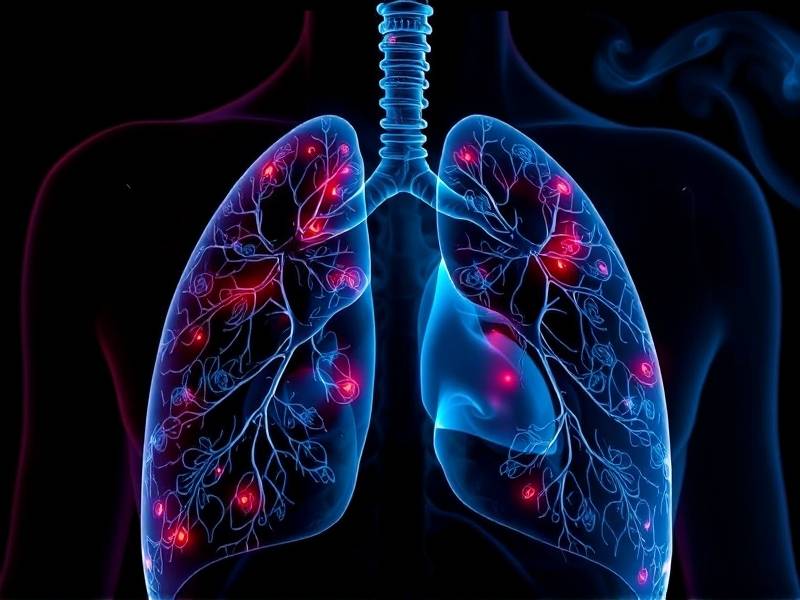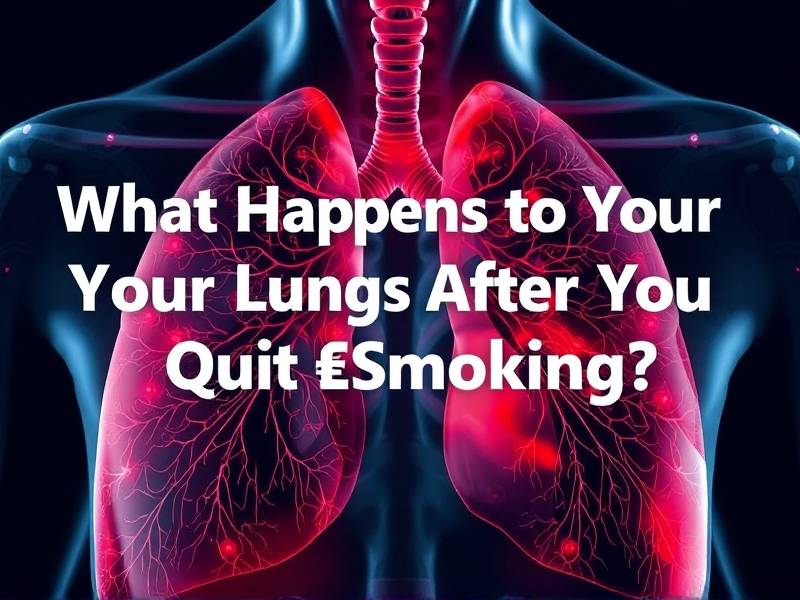What Happens to Your Lungs After You Quit Smoking: A Comprehensive Guide
Understanding the Impact of Smoking on Lungs
Smoking is a significant health risk, particularly for the lungs. The act of inhaling tobacco smoke introduces numerous harmful chemicals into your respiratory system, leading to various health issues. When you quit smoking, your lungs begin a remarkable journey of healing and rejuvenation.
Immediate Benefits After Quitting
1. Reduced Inflammation
As soon as you quit smoking, your lungs start to reduce inflammation. This process can lead to immediate improvements in breathing and overall lung function.
2. Enhanced Oxygen Supply
The oxygen-carrying capacity of your blood improves shortly after quitting, which can lead to increased energy levels and better overall health.

Long-Term Healing Process
1. Cilia Restoration
Cilia are tiny hair-like structures in your lungs that help remove mucus and debris. Smoking damages these cilia, but they can regenerate over time as you quit.
2. Decreased Risk of Chronic Conditions
Quitting smoking significantly reduces the risk of chronic respiratory diseases like chronic obstructive pulmonary disease (COPD) and lung cancer.
Key Milestones in Lung Recovery
1. One Year: Reduced Risk of Heart Disease
After one year of quitting, the risk of heart disease is reduced by half compared to that of a continuing smoker.
2. Five Years: Reduced Risk of Strokes
Within five years after quitting, the risk of stroke is reduced by about the same amount as for someone who has never smoked.
3. Ten Years: Lowered Lung Cancer Risk
Ten years after quitting smoking, the risk of lung cancer drops by about half compared to that of continuing smokers.
Supporting Your Lung Recovery
1. Regular Exercise
Physical activity helps improve lung function and can accelerate recovery from smoking-related damage.
2. Healthy Diet
A balanced diet rich in fruits, vegetables, and whole grains can support lung health and overall well-being.
3. Avoid Secondhand Smoke
Continuously exposing yourself to secondhand smoke can hinder your lungs' healing process.

Conclusion
Quitting smoking is a powerful step towards improving your lung health and overall quality of life. The journey may be challenging, but the rewards are substantial. Remember that it's never too late to start this transformative journey towards better health.
By understanding what happens to your lungs after you quit smoking, you can be motivated to stay smoke-free or help someone else on their path to a healthier life. Stay committed and supportive – every breath counts!
